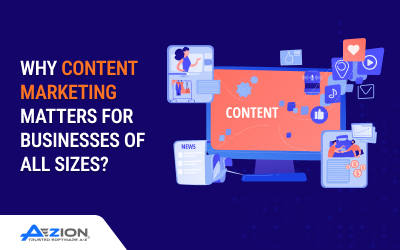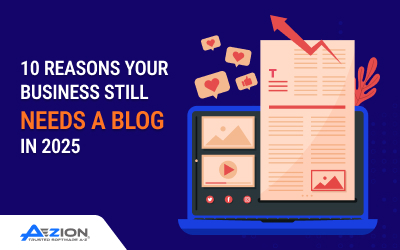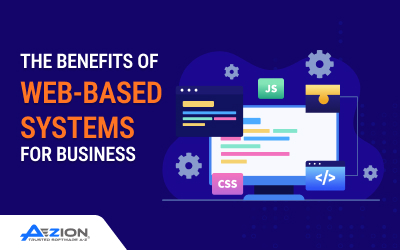Introduction
When it comes to business success, customer data might just be the critical factor that separates the wheat from the chaff. A study by McKinsey & Company found some truly astounding results: organizations that are “intensive” users of customer data analytics were 23 times more likely to excel at acquiring new customers than their competitors and 19 times more likely to be highly profitable. But what is customer data, exactly, and what are the benefits of this type of data for your business? If you’re just starting out on your customer data journey, we’ve got you covered. This article will go over everything you need to know, including the definition, benefits, and more.
What Is Customer Data?
As the name suggests, customer data is any data about the customers or potential customers of a business or organization. It is often subdivided into four categories, depending on its type:
- Demographic data is information about a customer’s identity and traits. Examples of demographic data include a person’s name, age, gender, race or ethnicity, level of income, job, or education level.
- Geographic data is information about a customer’s physical location. Customers can be segmented into different areas based on their city, ZIP code, county, state, region (e.g., Midwest or Northeast), country, or other geographical divisions.
- Psychographic data is information about a customer’s psychology: factors such as their personality, attitudes, values and interests. Examples of psychographic data include a person’s hobbies and activities, opinions and personality traits (e.g. introverted or extroverted).
- Behavioral data is information about a customer’s shopping behavior, in particular their interactions with your company. Examples of behavioral data include a person’s previous purchases and their typical browsing behavior.
Why Is It So Valuable?
Imagine you were offered the chance to read the minds of your customers—and what they thought about your products and business, for good or for ill. Of course, most companies would leap at this chance to better understand what makes their audience tick. Short of hiring a psychic, this specialized data offers the closest thing that any business has to a window into your customers’ minds. Below are three reasons why it is so valuable for companies of all sizes and industries:
- Better market understanding: In aggregate, customer data helps you better understand your company’s market and niche. This includes things like the types of products and services your customers are looking for or the kind of experience they want to have when interacting with you.
- Stronger personalization efforts: Personalization is king when it comes to effective marketing strategies: 80 percent of customers say they’re more likely to buy from a company that offers personalized experiences. The more data you have on your customers, the more you can tailor your approach to different segments and individuals.
- Improved lead generation: Not only can customer data help you understand your existing audience, but it can also improve your lead generation activities to acquire new customers. It can help you optimize your marketing campaigns by constructing more accurate buyer personas, boosting your conversion rates, and more.
How to Use Customer Data
Almost everyone can agree on the tremendous utility of customer data, but how can businesses actually get started using customer data and seeing results? The process of acquiring, storing, and analyzing your data is known as customer data management. Below are two kinds of tools used for the management of this specialized data:
- A customer data platform (CDP) is a software application that collects customer data across a wide variety of sources and touchpoints and stores it in a customer database.
- Customer relationship management (CRM) software is an application that stores information about your customers’ and potential customers’ previous interactions with your business.
So what’s the difference between CDPs and CRMs? Although the two solutions both store customer data, CDPs are more oriented toward your customers’ use of your products and services, whereas CRMs are more oriented toward their interactions with your team (e.g., contacts with customer service or technical support).
How Aezion Can Help
Here at Aezion, we’re passionate about helping our clients solve their software and IT challenges. We can assist you in selecting the best CDP or CRM solution for your data management needs—from the initial roadmaps and strategic planning, through development, integration, deployment, and ongoing support and maintenance.
Want to learn more about making the most of your customer data? We’re here to help.
Get in touch with our team of data experts today for a chat about your unique business needs and objectives.
Related Articles
This is article 1 of a 4-part series on Customer Data Management. You can view the related articles at the links below, or simply click to download our comprehensive Operational Guide to Customer Data Management and Integration White Paper:



